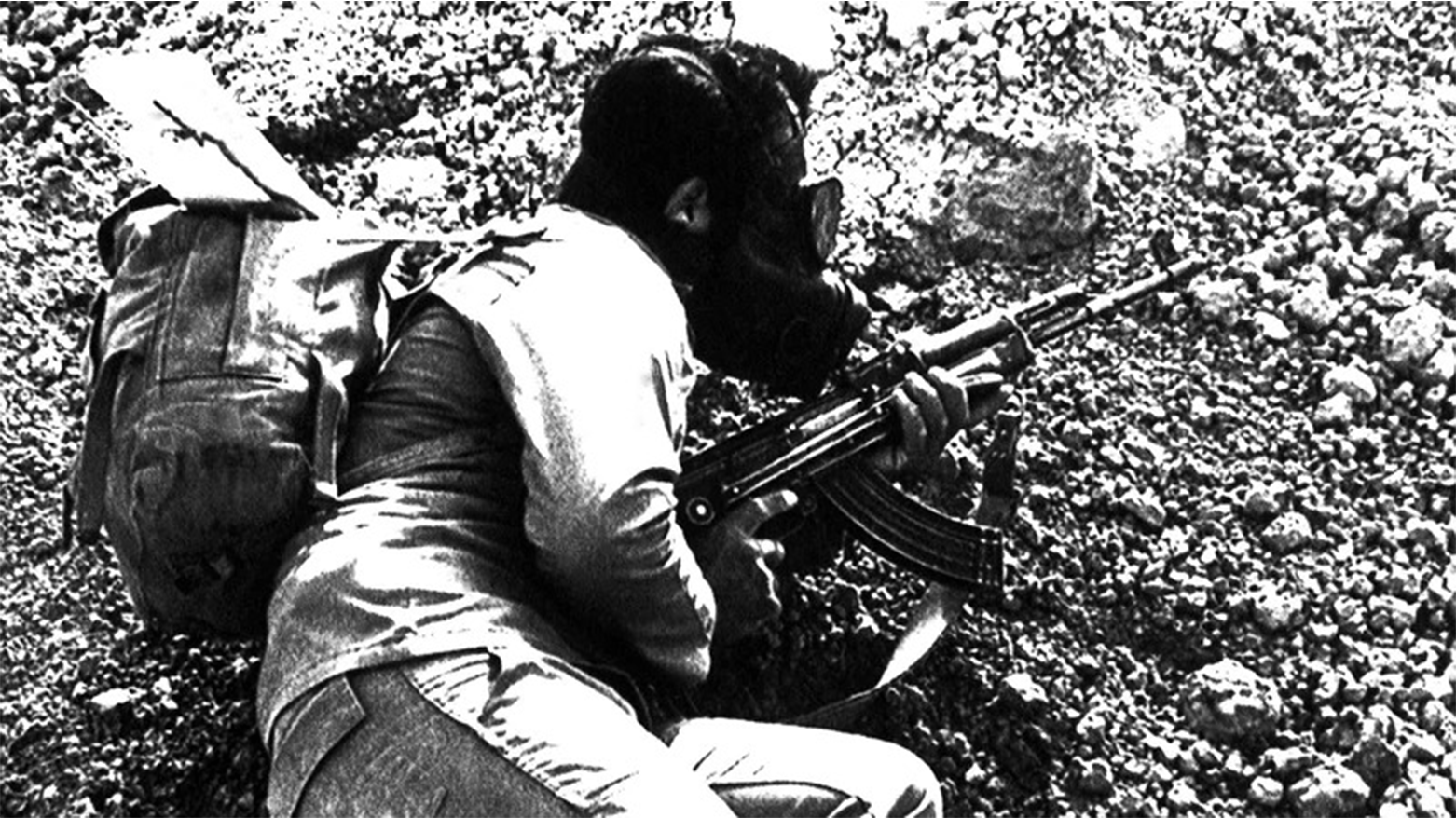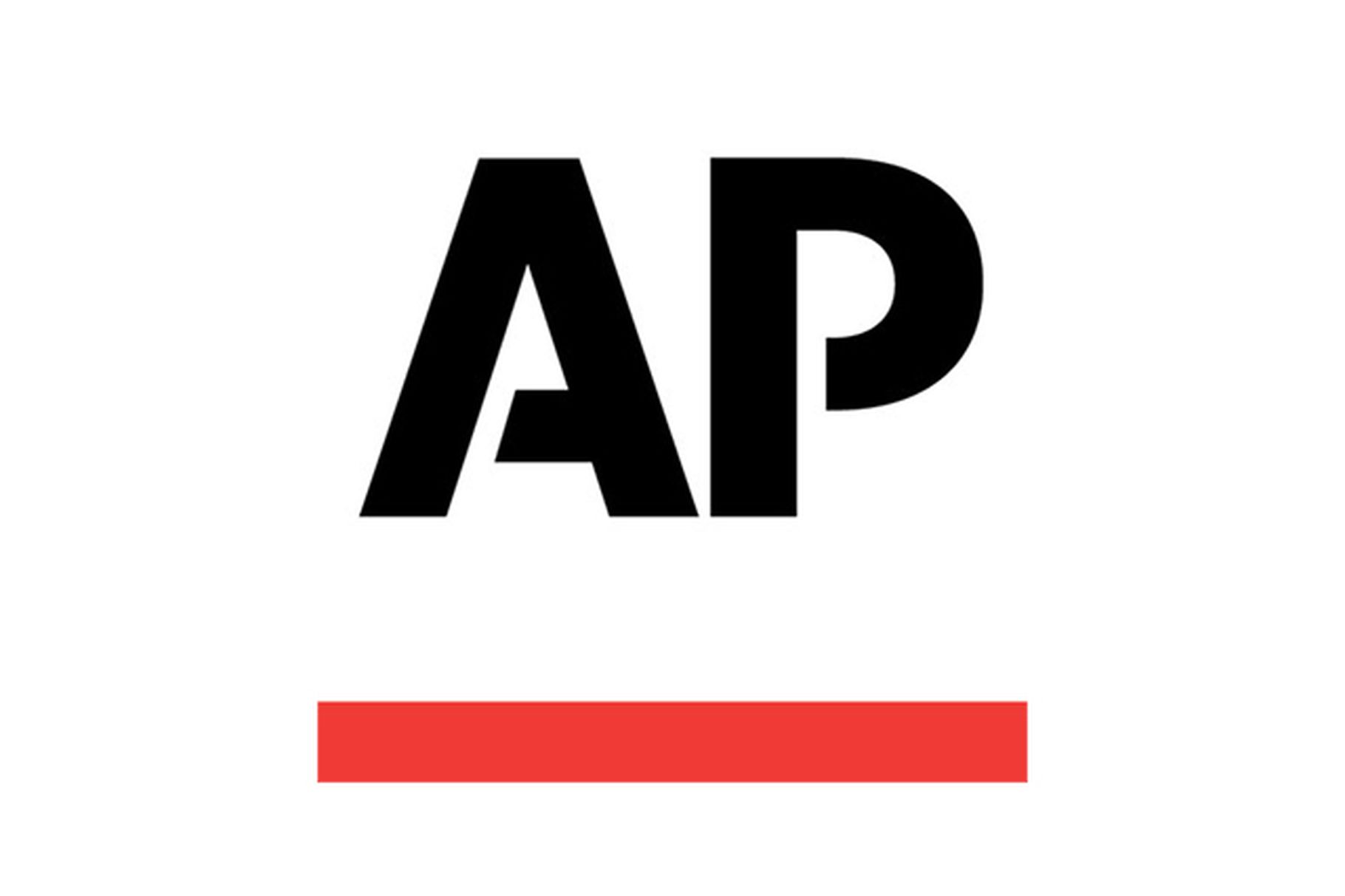Dutch court orders company to compensate 5 Iranian victims of Iraqi mustard gas attacks in the 1980s

THE HAGUE, Netherlands (AP) — A Dutch court on Wednesday ruled that a company must pay compensation to five Iranian victims of chemical weapons attacks by Iraq in the 1980s after the company did not show up in court to defend itself against civil claims it supplied raw materials for poison gas.
The court in The Hague cleared a second company of liability in the same case, ruling that the company was not aware when it sold chemicals to the government of Saddam Hussein that they would be used to make mustard gas.
The five Iranians were left permanently injured after three Iraqi mustard gas attacks in 1984 and 1986 during the Iran-Iraq war, the court said in a statement. They argued that the two companies “knew or should have known” that thionyl chloride sold to Iraq would be used to make mustard gas.
The court upheld the claim against Forafina Beleggingen I B.V., formerly known as KBS Holland, after the company did not appear. The amount of compensation was not immediately determined.
Lawyers for the company cleared, now called Otjiaha B.V., denied that the company, formerly known as Melchemie, had any knowledge that the chemical would be used by Iraq to make mustard gas.
The court agreed, saying that in the 1980s, “it was not yet widely known that the Iraqi regime was using mustard gas in the war against Iran, let alone that Iraq was using thionyl chloride for the production of that gas.”
The chemical also can be used as a pesticide and for the manufacture of plastics, the court said. It added that in the early 1980s the Dutch government encouraged trade with Iraq and had not imposed any export restrictions on thionyl chloride.
